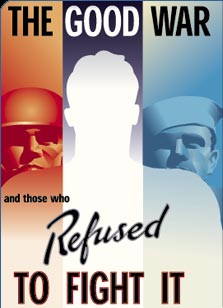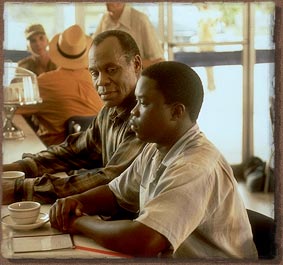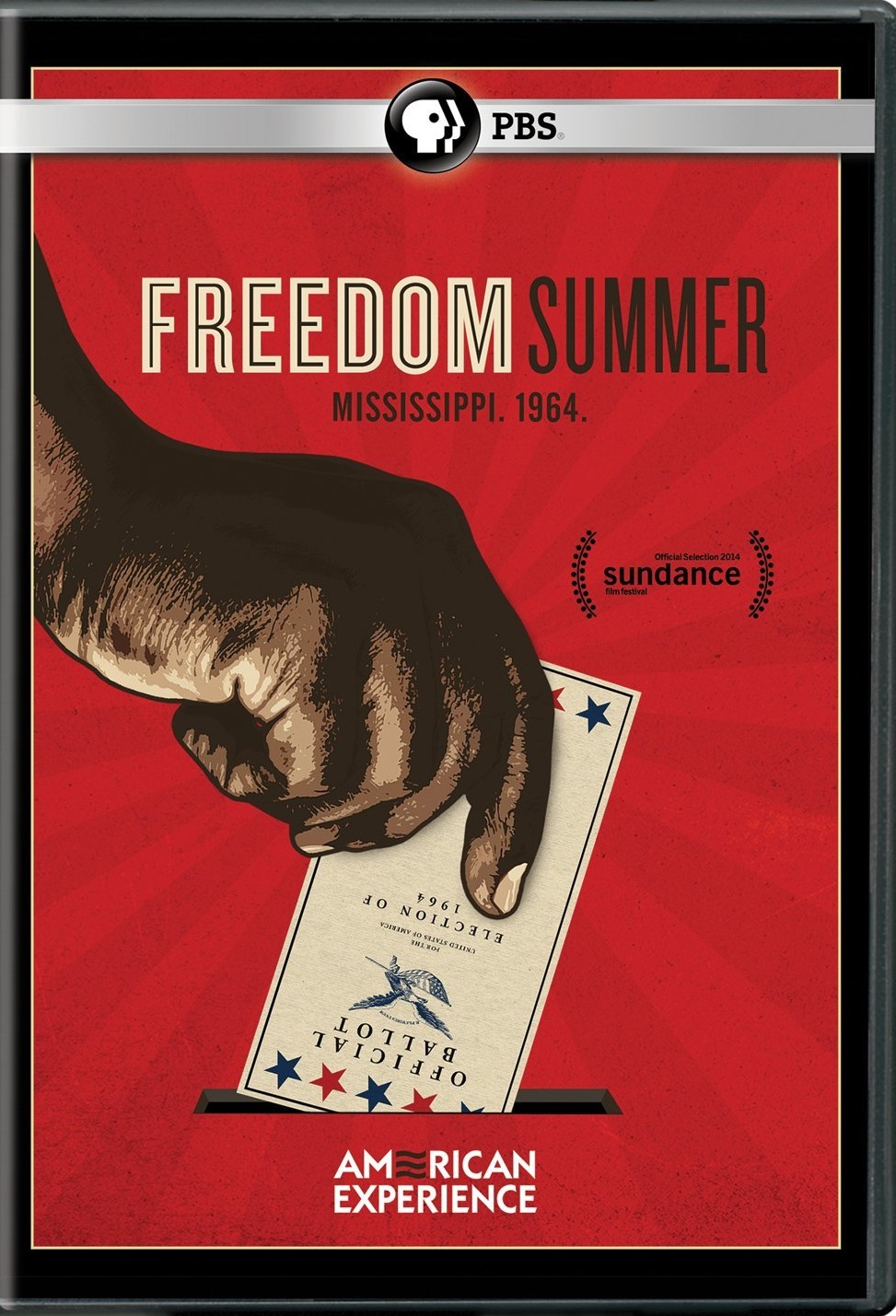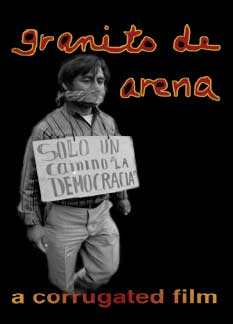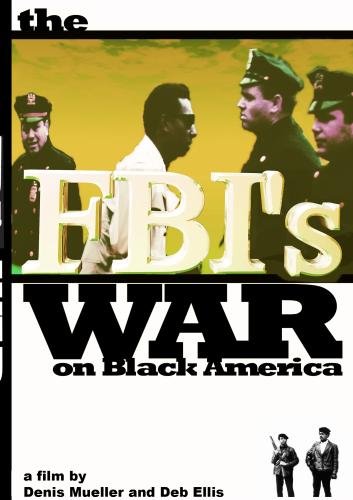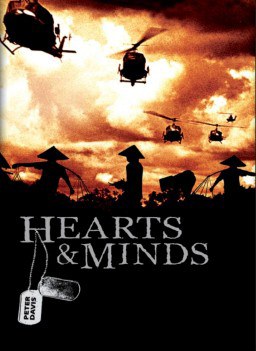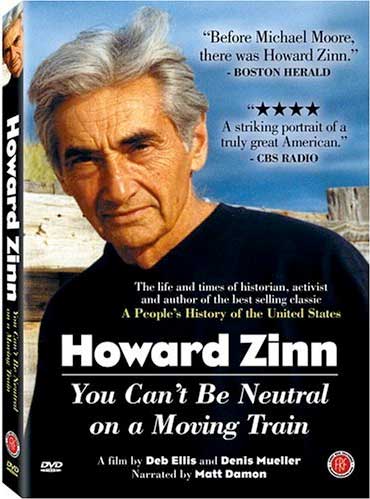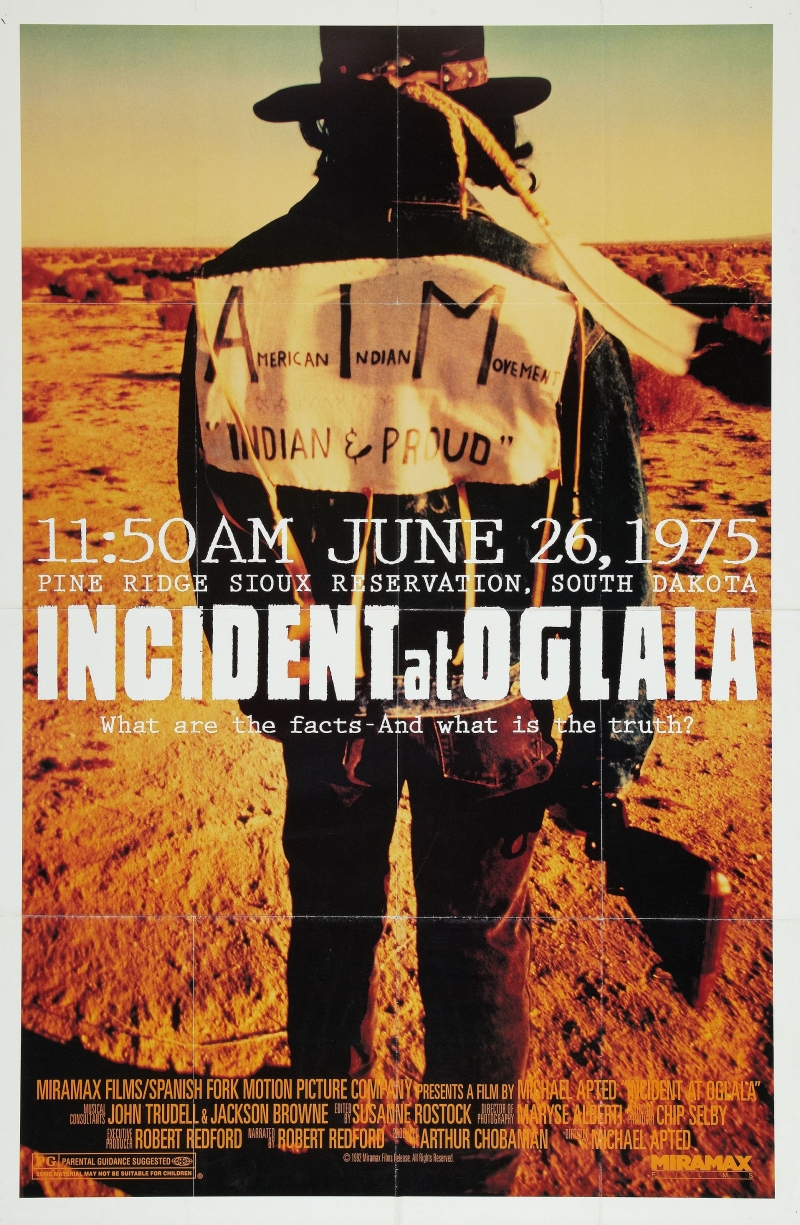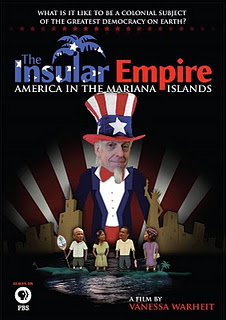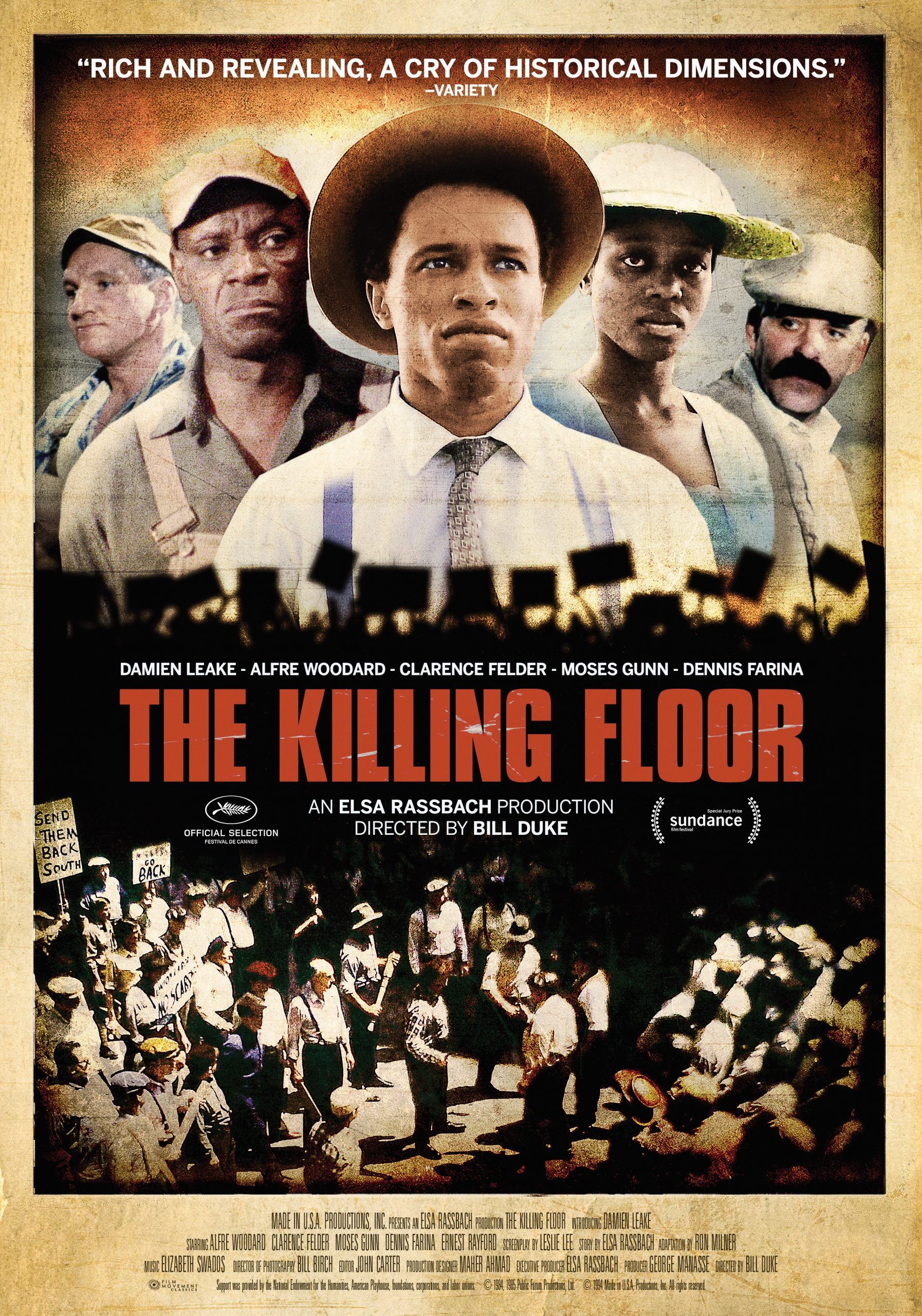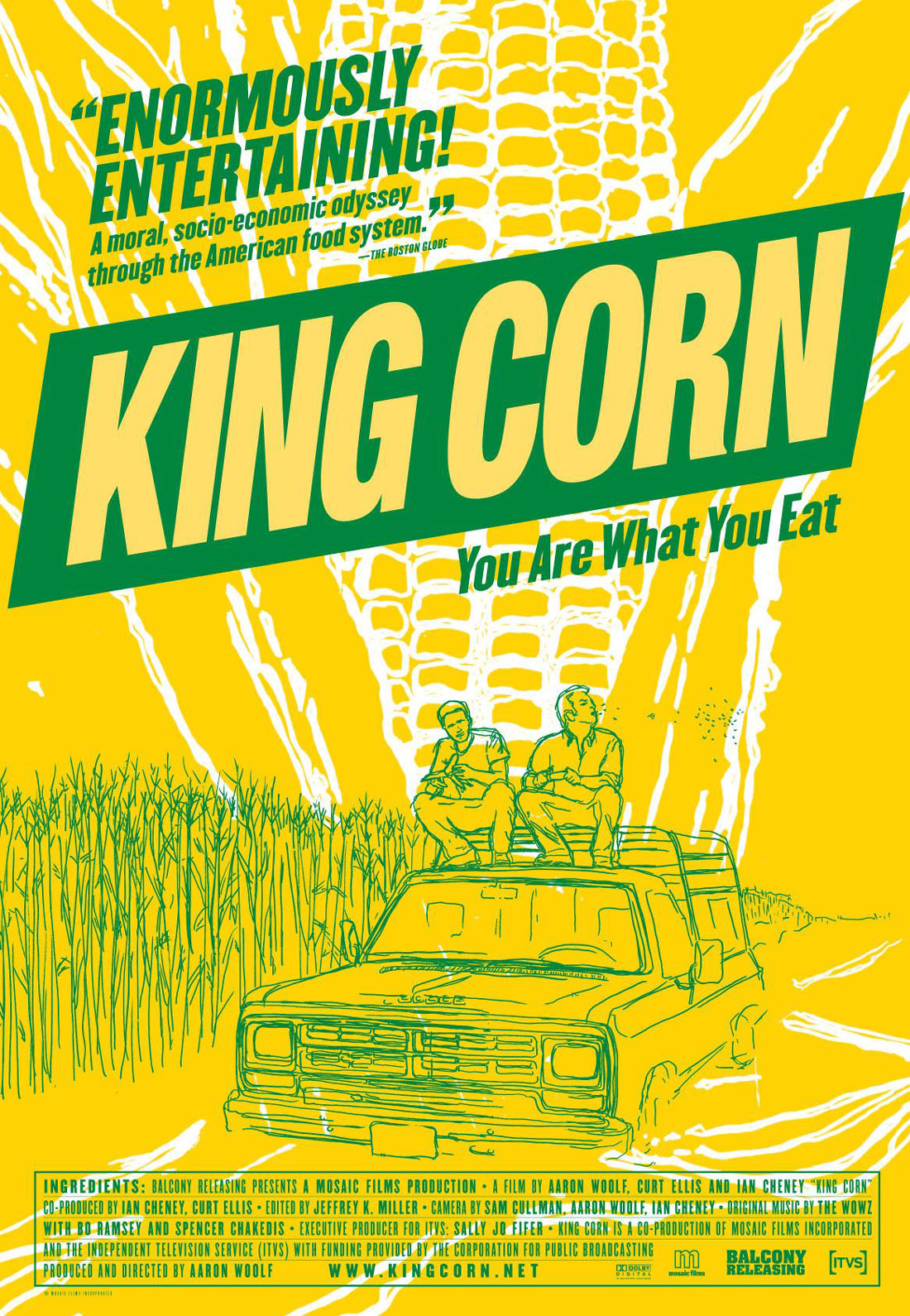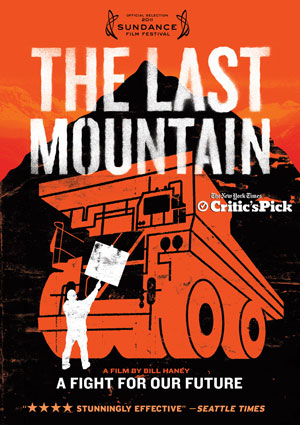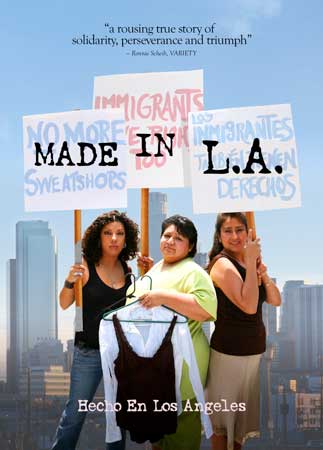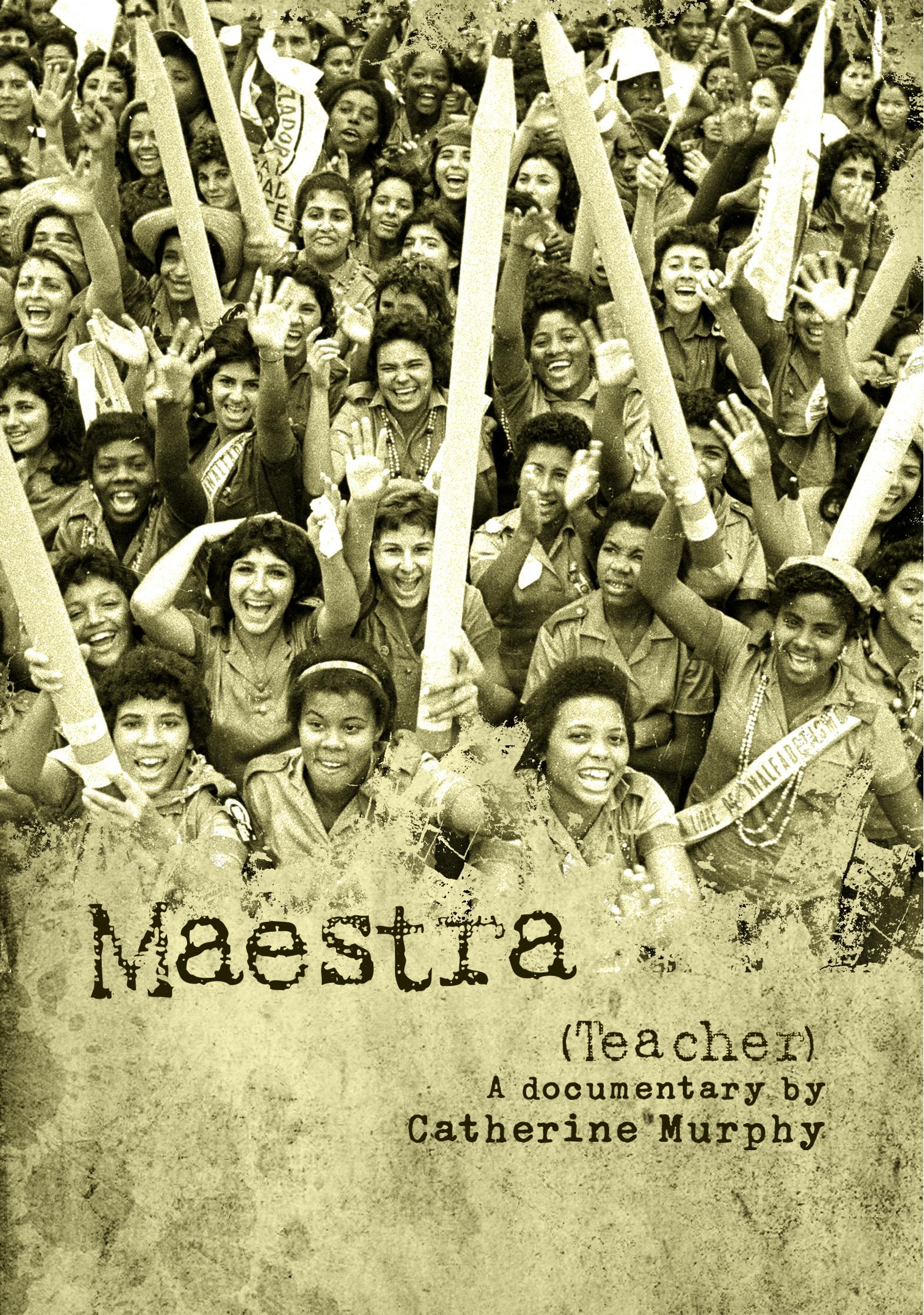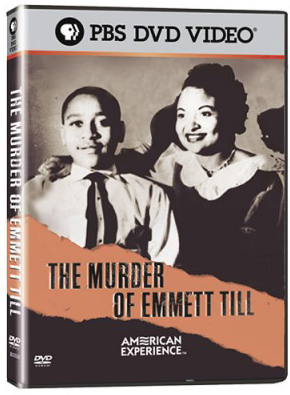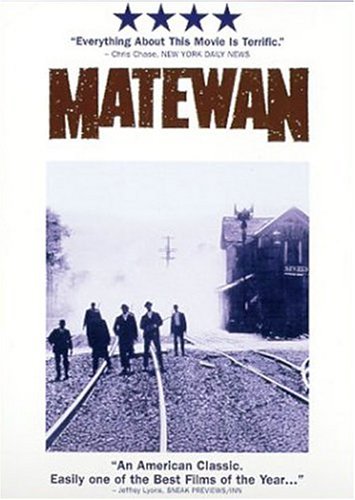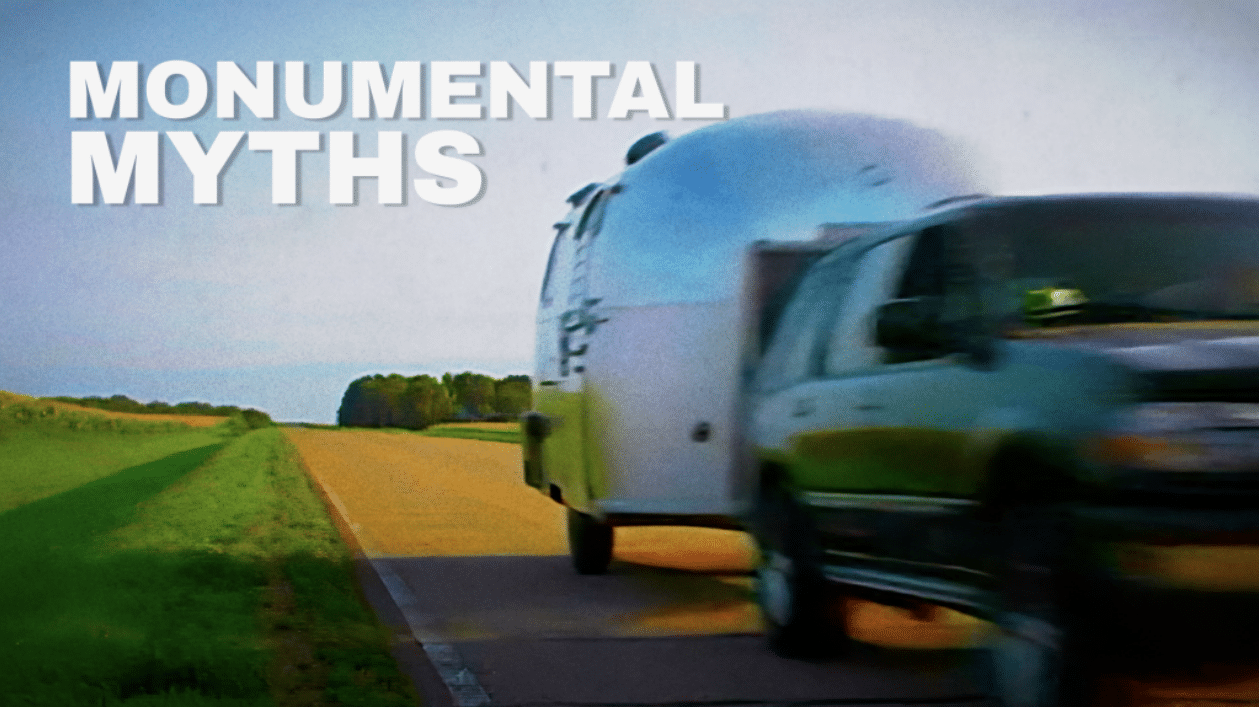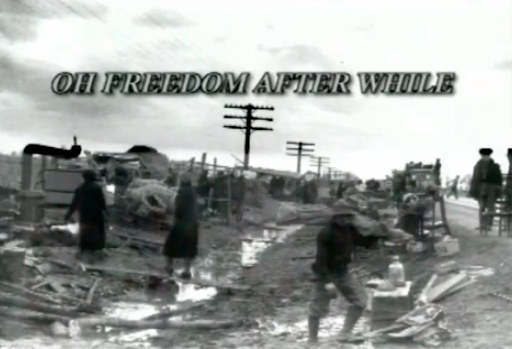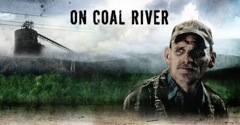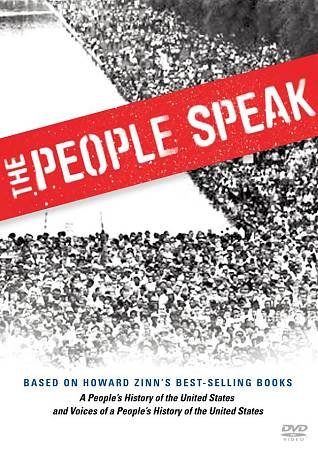Film. Produced by Rick Tejada-Flores and Judith Ehrlich. 2002. 60 minutes.
Documentary film on WWII conscientious objectors and excellent online resources for the classroom.
Continue reading
Film. By Phil Alden Robinson. 2006. 117 minutes.
Based on the actual history of the Student Nonviolent Coordinating Committee (SNCC), student activism, and voter registration in McComb, Mississippi, during the Civil Rights Movement.
Continue reading
Film. Written, produced, and directed by Stanley Nelson. 2014. 120 minutes.
Documentary about 1964 Freedom Summer in Mississippi.
Continue reading
Film. Produced by Jill Freidberg. Corrugated Films. 2005. 62 minutes.
Documentary about teachers, parents, and students fighting to defend Mexico's public education system from the impacts of economic globalization.
Continue reading
Film. By Deb Ellis and Denis Mueller. 1990. 47 minutes.
Documentary of people targeted by the FBI's Counter Intelligence Program (COINTELPRO) in the 1960s and 70s.
Continue reading
Film. Directed by Connie Field. 2007. 89 minutes.
Episode that covers the anti-apartheid movement in the U.S. to overturn apartheid in South Africa.
Continue reading
Film. Directed by Peter Davis. 1974. 112 minutes.
Documentary about the Vietnam War.
Continue reading
Film. By Deb Ellis and Denis Mueller. 2010. 78 minutes.
Documentary on life and work of Howard Zinn.
Continue reading
Film. By Michael Apted. Narrated by Robert Redford. 1992. 90 minutes.
Documentary about the conviction of Native American activist Leonard Peltier.
Continue reading
Film. Directed by Vanessa Warheit. 2009. 60 minutes.
Documentary about U.S. colonies in the western Pacific.
Continue reading
Film. Directed by Bill Duke. 1985. Digitally restored in 2020. 118 minutes.
Set during World War I, two African-American men deal with racism in the workplace and the labor union.
Continue reading
Film. Directed by Aaron Woolf. 2007. 88 minutes.
Two friends raise one acre of corn to understand how the subsidized crop drives our fast-food nation.
Continue reading
Film. Directed by Bill Haney. Produced by Clara Bingham and Eric Grunebaum. 2011. 95 minutes.
Documentary on the consequences of mining and burning coal, with a focus on mountaintop removal mining in Appalachia.
Continue reading
Film. By Almudena Carracedo and Robert Bahar. 2007. 70 minutes.
Emmy award-winning feature documentary follows the story of three Latina immigrants working in Los Angeles sweatshops on an odyssey to win basic labor protections from a clothing retailer.
Continue reading
Film. By Catherine Murphy. 2013. 32 minutes.
Documentary about the successful 1961 literacy campaign in Cuba.
Continue reading
Film. By Kelly Anderson and Tami Gold. 2001. 30 minutes.
How Philip Morris has conspired to hook children on tobacco and keep governments from protecting public health.
Continue reading
Film. Directed and produced by Vicky Funari and Sergio De La Torre. 2006. 68 minutes.
The impact of globalization as told through the lives of the women who experience it in Tijuana, Mexico.
Continue reading
Film. Produced and directed by Stanley Nelson. 2003. 60 minutes.
Documentary on the murder of teenager Emmett Till and the actions of Mamie Till Bradley which helped launch the modern Civil Rights Movement.
Continue reading
Film. Written and directed by John Sayles. 1987. 132 minutes.
A feature film depicting a strike in a mining town in Appalachia and the struggle for solidarity across racial lines.
Continue reading
Film. Directed by Tom Trinley. 2023. 51 minutes.
Inspired by the book, Lies Across America, this film presents the historic myths and facts about a few iconic monuments in the United States.
Continue reading
Film. By Dave Zirin and Jeremy Earp. 2010. 62 minutes.
A documentary based on the bestselling book A People's History of Sports in the United States, Zirin demonstrates that American sports have long been at the center of some of the major political debates and struggles of our time. For 6th grade to adult.
Continue reading
Film. Directed Steven John Ross and written by Candace O'Connor. 1999. 56 minutes.
Archival footage, photographs, and first-hand accounts of sharecroppers — Black and white — organizing in Missouri.
Continue reading
Film. Directed by Francine Cavanaugh and Adams Wood. 2010. 81 minutes.
This film takes viewers on a gripping emotional journey into a community surrounded by a looming toxic threat.
Continue reading
Film. Produced by the Annenberg Institute for School Reform at Brown University. 2011. 35 minutes.
A documentary about parents in the Bronx who organized to bring high-quality education to their neighborhood.
Continue reading
Film. Directed by Howard Zinn, Chris Moore, and Anthony Arnove. 2009. 110 minutes.
Dramatic readings and performances based on Voices of a People's History and A People's History of the United States.
Continue reading

